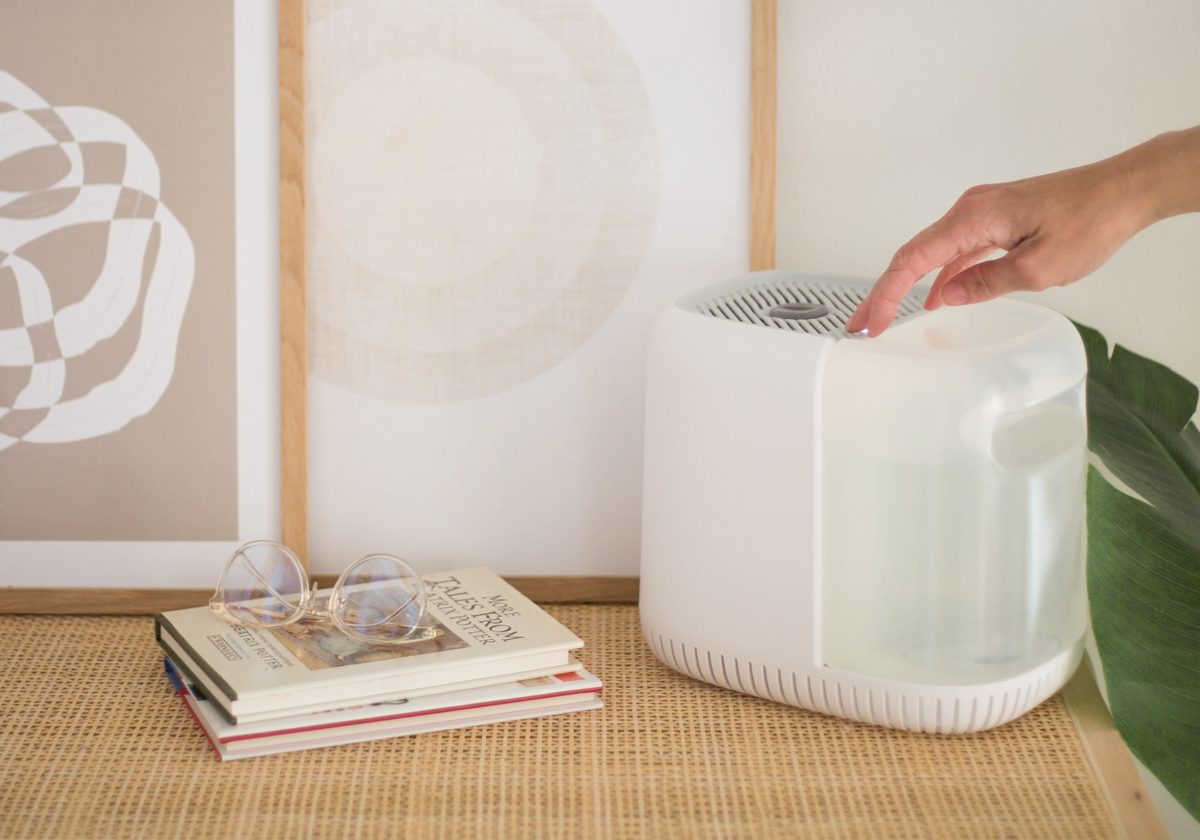

Articles
What Does A Humidifier Do For You
Modified: October 28, 2024
Discover the benefits of using a humidifier in your home. Read our informative articles and find out how a humidifier can improve air quality and enhance your overall well-being.
(Many of the links in this article redirect to a specific reviewed product. Your purchase of these products through affiliate links helps to generate commission for Storables.com, at no extra cost. Learn more)
Introduction
A humidifier is a device that helps to increase and maintain the moisture levels in the air of a room or a specific area. It is commonly used to combat dryness, especially during the colder months when the air tends to be drier and can cause various discomforts. Humidifiers have become increasingly popular due to their ability to provide relief from dry skin, irritated throat, and respiratory issues.
Humidity plays a crucial role in our overall well-being. The ideal humidity level in a room should range between 30 and 50 percent. However, in many cases, the humidity levels drop below this range, leading to dry air. This can be a result of factors such as central heating, air conditioning, and even climate conditions.
In this article, we will explore the importance of humidifiers, their functioning, the benefits they offer, and the different types available to help you choose the right one for your needs.
Key Takeaways:
- Humidifiers alleviate dryness, aid respiratory health, improve sleep, protect wooden furniture, and reduce static electricity, creating a comfortable and healthy indoor environment.
- When choosing a humidifier, consider room size, type, maintenance, noise level, safety features, and budget to ensure maximum benefits and a healthier living space.
Read more: What Does Cool Mist Humidifier Do
Importance of Humidifiers
Humidifiers play a vital role in creating a comfortable and healthy indoor environment by adding moisture to the air. Here are some key reasons why humidifiers are essential:
- Relieves Dryness: One of the primary reasons people use humidifiers is to alleviate dryness. Low humidity levels can cause dry skin, chapped lips, and brittle hair. It can also contribute to dry nasal passages and throat irritation. By increasing the moisture in the air, humidifiers help combat these discomforts and promote overall well-being.
- Aids Respiratory Health: Dry air can exacerbate respiratory conditions such as allergies, asthma, and sinus congestion. The lack of moisture in the air can irritate the respiratory system, making breathing more difficult. Humidifiers add moisture to the air, which can help ease congestion, reduce coughing, and improve breathing for individuals with respiratory issues.
- Restful Sleep: Dry air can lead to discomfort during sleep, causing snoring, dry throat, and even exacerbating sleep apnea symptoms. By humidifying the air, humidifiers can help maintain a more comfortable sleep environment, promoting deeper and more restful sleep.
- Protects Wooden Furniture and Flooring: Low humidity levels can cause wood to dry out and crack, leading to expensive repairs or replacements. Humidifiers help maintain the moisture content in the air, preventing wood from drying out and preserving the integrity of wooden furniture, floors, and musical instruments.
- Prevents Static Electricity: Dry air tends to create a buildup of static electricity, resulting in unpleasant static shocks. Humidifiers add moisture to the air, reducing static electricity and improving overall comfort levels.
By addressing these issues, humidifiers create a more comfortable and healthy indoor living environment for you and your family.
How Humidifiers Work
Humidifiers work by adding moisture to the air in different ways, depending on the type of humidifier. The common types of humidifiers include evaporative humidifiers, ultrasonic humidifiers, and steam vaporizers.
Evaporative Humidifiers: These humidifiers use a fan to draw dry air into the system. The air is then passed through a moistened wick or filter, where the water evaporates and adds moisture to the air. The moisture-laden air is then released back into the room. This process helps to increase humidity levels while simultaneously filtering out impurities in the water.
Ultrasonic Humidifiers: Ultrasonic humidifiers use ultrasonic vibrations to create a fine mist of water droplets. These vibrations break the water into tiny particles, which are then released into the air as a cool mist. Ultrasonic humidifiers are considered more energy-efficient and quieter compared to evaporative humidifiers.
Steam Vaporizers: Steam vaporizers, also known as warm mist humidifiers, heat water to produce steam. The steam is then cooled down before being released into the air. The process helps to kill bacteria and germs present in the water, making steam vaporizers a hygienic option.
Regardless of the type, humidifiers require a water source which needs to be periodically refilled. Some humidifiers also come with adjustable settings to control humidity levels based on personal preferences.
It’s essential to note that while humidifiers increase moisture levels in the air, it is crucial to maintain a balance. Excessive humidity can lead to other problems, such as mold and mildew growth. It is recommended to monitor humidity levels using a hygrometer and adjust the humidifier settings accordingly.
Overall, humidifiers provide an effective and convenient way to maintain optimal humidity levels in the air, creating a comfortable and healthy living environment.
Benefits of Using a Humidifier
Using a humidifier offers numerous benefits that can improve your overall well-being and comfort. Here are some key advantages of using a humidifier:
- Relieves Dry Skin and Lips: Dry air can cause skin to become dry, itchy, and prone to cracking. Humidifiers add moisture to the air, helping to hydrate the skin and alleviate dryness. It can also prevent chapped lips, leaving them soft and moisturized.
- Soothes Respiratory Symptoms: Humidifiers provide relief for individuals with respiratory conditions such as allergies, asthma, and sinus congestion. The added moisture in the air can help alleviate nasal congestion, reduce coughing, and soothe irritated throat and sinuses. Breathing moist air can also help prevent dryness in the respiratory system, making it easier to breathe.
- Alleviates Snoring: Dry air can contribute to snoring by causing congestion and irritation in the nasal passages. Humidifiers moisturize the air, helping to reduce snoring and promote better sleep quality.
- Promotes Healing and Recovery: If you are dealing with a cold, flu, or respiratory infection, using a humidifier can aid in your recovery. The moist air can help to loosen congestion, soothe irritated airways, and promote faster healing of respiratory tissues.
- Improves Sleep Quality: Dry air can lead to discomfort during sleep, resulting in restless nights and disrupted sleep patterns. By adding moisture to the air, humidifiers create a more comfortable sleep environment, promoting better sleep quality and overall well-restedness.
- Preserves Wood and Furniture: Low humidity can cause wood to dry out, leading to cracks and damage. Humidifiers help maintain the moisture levels necessary to preserve wooden furniture, flooring, and musical instruments, preventing them from shrinking or warping.
- Reduces Static Electricity: Dry air can create static electricity, resulting in unpleasant shocks and discomfort. Humidifiers add moisture to the air, reducing static electricity and creating a more comfortable environment.
- Creates a Comfortable Environment: Maintaining optimal humidity levels in your living space creates a comfortable environment, preventing dry eyes, throat irritation, and dryness-related discomforts.
By incorporating a humidifier into your home or office, you can enjoy these benefits and improve your overall quality of life.
Tip: A humidifier adds moisture to the air, which can help alleviate dry skin, irritated sinuses, and reduce the spread of airborne viruses. Be sure to clean and maintain your humidifier regularly to prevent mold and bacteria growth.
Types of Humidifiers
There are various types of humidifiers available, each offering unique features and benefits. Understanding the different types can help you choose the one that suits your needs. Here are the most common types of humidifiers:
- Evaporative Humidifiers: Evaporative humidifiers work by using a fan to draw in dry air and passing it through a moistened wick or filter. The water in the wick evaporates, adding moisture to the air, which is then released into the room. These humidifiers are affordable, energy-efficient, and effective in increasing humidity levels. However, they require regular maintenance as the wick or filter needs to be cleaned or replaced periodically.
- Ultrasonic Humidifiers: Ultrasonic humidifiers generate moisture using ultrasonic vibrations that break water into fine droplets. These droplets are then released into the air as a cool mist. Ultrasonic humidifiers are generally quieter and more energy-efficient than evaporative models. They are also versatile and come in both cool mist and warm mist variations. Some models also feature adjustable mist settings and additional features like aromatherapy diffusers.
- Steam Vaporizers: Steam vaporizers, also known as warm mist humidifiers, use a heating element to create steam by boiling water. The steam is then cooled before being released into the air. These humidifiers provide the added benefit of killing bacteria and germs present in the water due to the boiling process. They are suitable for smaller spaces and can help alleviate respiratory symptoms. However, they tend to consume more energy compared to other types.
- Impeller Humidifiers: Impeller humidifiers work by using a rotating disk to disperse water into the air in the form of droplets. The droplets are then propelled into the room using a built-in fan. These humidifiers are typically more affordable and easy to clean. They are also safe to use around children as there is no risk of hot water or steam. However, they may not be as effective in larger spaces.
- Central Humidifiers: Central humidifiers are installed as part of a home’s HVAC system, directly adding moisture into the entire house’s air. These humidifiers require professional installation and are usually more expensive upfront. However, they offer the convenience of controlling humidity levels throughout the entire home with a central control panel. Central humidifiers are suitable for those looking to maintain consistent humidity levels in larger living spaces.
It is essential to consider factors such as room size, maintenance requirements, noise level, and personal preferences when choosing a humidifier type that best suits your needs and lifestyle.
Read more: What Size Humidifier Do I Need
Choosing the Right Humidifier for Your Needs
When selecting a humidifier, there are several factors to consider to ensure you choose the one that best suits your needs. Here are some essential considerations:
- Room Size: Determine the size of the room or space where you intend to use the humidifier. Different humidifiers have different coverage capacities, typically measured in square feet. Choosing a humidifier with an appropriate coverage area ensures effective humidification for your specific room size.
- Type of Humidifier: Consider the advantages and disadvantages of each humidifier type discussed earlier. Assess your specific requirements, such as whether you prefer cool mist or warm mist, ease of maintenance, noise levels, and energy efficiency. This will help you narrow down your options and choose the most suitable type for your needs.
- Humidity Control: Look for humidifiers with adjustable humidity settings or built-in humidistats. These features allow you to control and maintain the desired humidity level in your room. Some models also have programmable timers, allowing you to set specific humidity levels for different times of the day.
- Maintenance: Consider the maintenance requirements of the humidifier. Some units require regular filter replacements or weekly cleaning, while others are low-maintenance. Evaluate the effort and cost involved in maintaining the humidifier to ensure it aligns with your preferences and lifestyle.
- Noise Level: If you plan on using the humidifier in your bedroom or a quiet space, consider models that operate quietly. Look for humidifiers with noise ratings or user reviews that mention low noise levels to ensure a peaceful environment during operation.
- Safety Features: Check for safety features such as automatic shut-off when the water tank is empty or overheating protection. These features provide peace of mind, especially if you plan to use the humidifier while sleeping or when kids or pets are present.
- Budget: Set a budget range before starting your search for a humidifier. Prices can vary depending on the type, features, and brand. Ensure you find a humidifier that offers a good balance between features, quality, and affordability within your budget.
- Brand and Reviews: Research reputable brands known for producing high-quality humidifiers. Read customer reviews and ratings to gather insights about the performance, durability, and customer satisfaction of specific models. This information can help you make an informed decision and choose a reliable humidifier.
By considering these factors, you can narrow down your options and select a humidifier that meets your specific needs, preferences, and budget.
Maintenance and Safety Tips for Humidifiers
Maintaining your humidifier properly is crucial for its optimal performance and to ensure a safe and healthy environment. Here are some maintenance and safety tips to follow:
- Regular Cleaning: Clean your humidifier regularly to prevent the buildup of mold, bacteria, and mineral deposits. Follow the manufacturer’s instructions for cleaning, which typically involve emptying and rinsing the water tank daily and deep cleaning the unit once a week. Use a mild detergent or vinegar solution to clean the tank and components, rinsing them thoroughly afterward.
- Replace Filters as Recommended: For humidifiers that use filters, follow the manufacturer’s instructions for filter replacements. Over time, filters can become clogged and less effective, reducing the humidifier’s performance. Regularly changing the filters ensures clean and efficient operation.
- Use Distilled or Filtered Water: Consider using distilled or filtered water in your humidifier to minimize the buildup of mineral deposits. Tap water may contain minerals that can leave white dust on surfaces and potentially affect the humidifier’s performance over time. Using purified water can help extend the life of your humidifier and maintain clean, healthy moisture in the air.
- Empty and Refill Water Daily: Empty the water tank of your humidifier daily, even if it’s not completely empty. Stagnant water can become a breeding ground for mold and bacteria. Refill the tank with fresh water before each use to ensure clean and hygienic operation.
- Follow Safety Guidelines: Read and follow the safety guidelines provided by the manufacturer. Ensure that the humidifier is placed on a stable surface and away from any flammable materials. Avoid placing it near electrical outlets or cords to reduce the risk of water damage or electrical hazards. Always unplug the unit before performing any maintenance or cleaning tasks.
- Monitor Humidity Levels: Use a hygrometer to monitor the humidity levels in your room. Aim for a humidity range of 30-50%. Excessive humidity can promote the growth of mold and mildew, while too little humidity may not provide the desired benefits. Adjust the settings on your humidifier accordingly to maintain the optimal humidity level.
- Replace Parts When Needed: Keep an eye on the condition of your humidifier’s components. If you notice cracks, wear, or any signs of damage, replace the parts promptly. This ensures the humidifier continues to function properly and safely.
- Store Properly When Not in Use: When you’re not using the humidifier, clean and dry it thoroughly before storing it. Disassemble the unit if possible, and store it in a clean, dry place to prevent the growth of mold or bacteria in the stagnant water or on the humidifier’s surfaces.
By following these maintenance and safety tips, you can ensure the longevity, performance, and safe operation of your humidifier while enjoying the benefits of properly humidified air.
Conclusion
Humidifiers are essential devices that can greatly improve the comfort and health of your indoor environment. By increasing the moisture levels in the air, humidifiers alleviate dryness, soothe respiratory symptoms, and promote overall well-being.
We explored the importance of humidifiers in combating dryness and the discomforts it brings. Humidifiers work by adding moisture to the air through various methods, including evaporative, ultrasonic, and steam vaporizers.
Using a humidifier offers numerous benefits, such as relieving dry skin, improving respiratory health, promoting better sleep quality, preserving wooden furniture, reducing static electricity, and creating a comfortable living environment.
When choosing a humidifier, consider factors like room size, type of humidifier, humidity control options, maintenance requirements, noise levels, safety features, and budget. By selecting the right humidifier for your needs, you can reap the maximum benefits and enjoy a healthier and more comfortable living space.
Proper maintenance and safety practices are crucial for the optimal and safe operation of humidifiers. Regular cleaning, filter replacements, using distilled or filtered water, and monitoring humidity levels are essential maintenance tasks. Adhering to safety guidelines and storing the humidifier properly when not in use help ensure a safe environment.
In conclusion, humidifiers are highly beneficial devices that contribute to our overall well-being. By understanding their importance, choosing the right humidifier, and properly maintaining it, you can enjoy the benefits of proper humidity levels and create a healthier and more comfortable living environment for yourself and your loved ones.
Frequently Asked Questions about What Does A Humidifier Do For You
Was this page helpful?
At Storables.com, we guarantee accurate and reliable information. Our content, validated by Expert Board Contributors, is crafted following stringent Editorial Policies. We're committed to providing you with well-researched, expert-backed insights for all your informational needs.

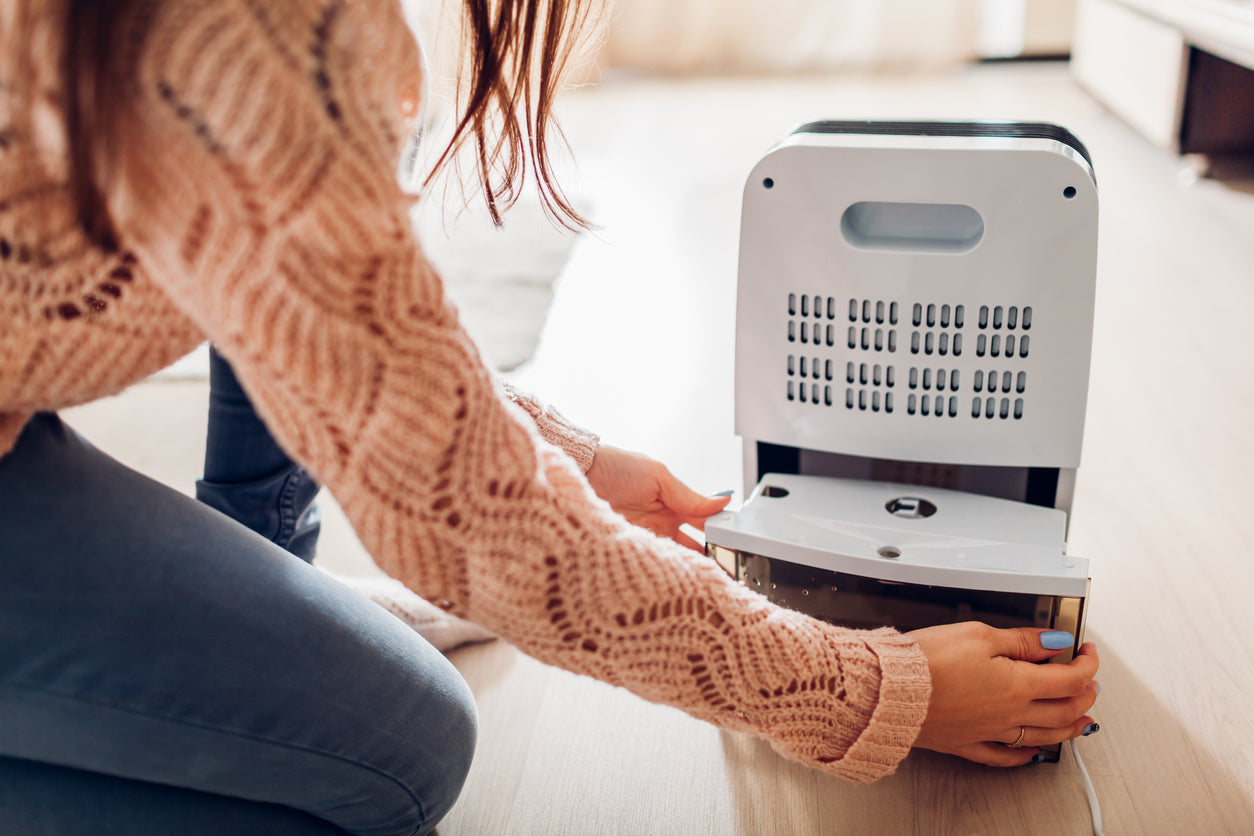
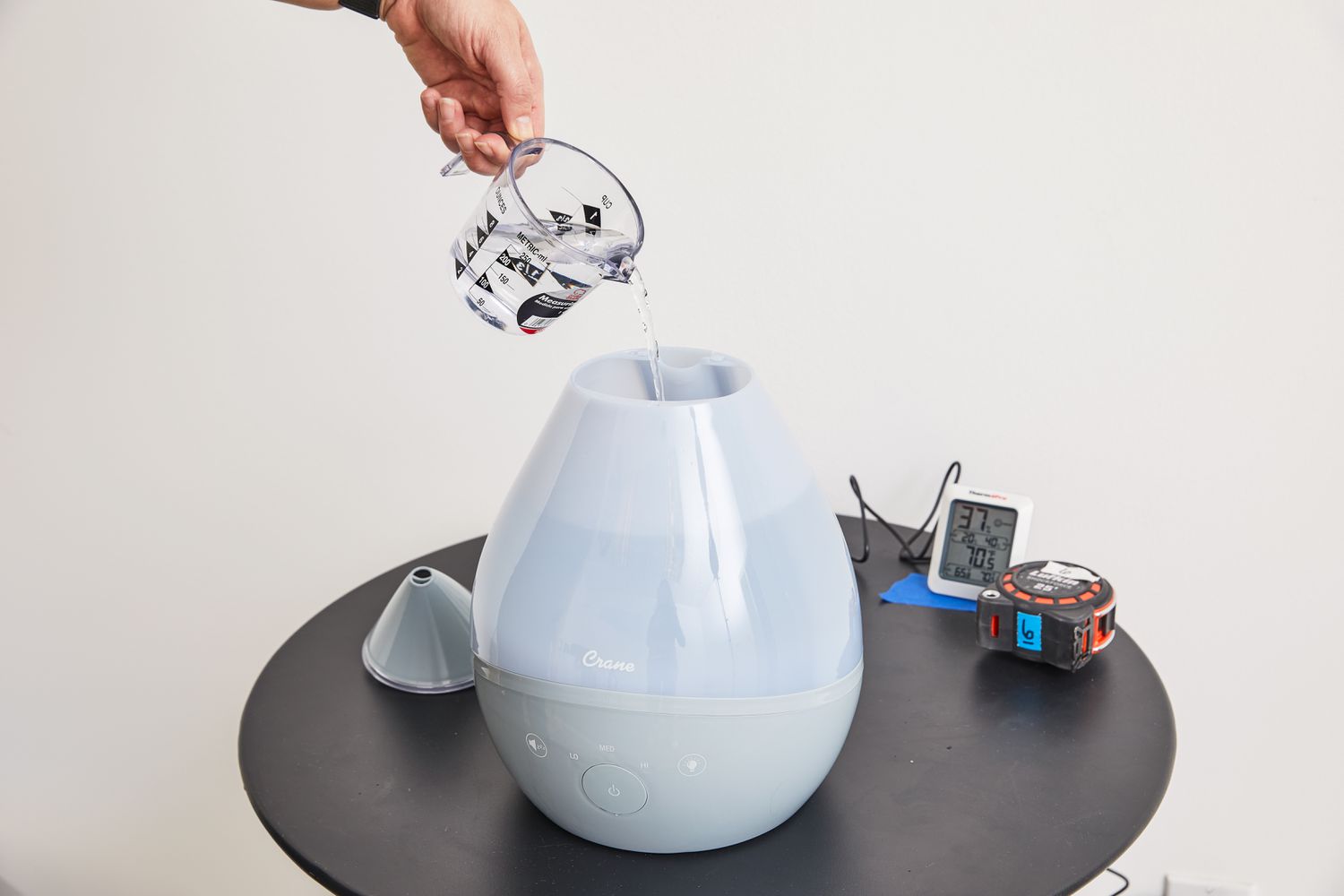
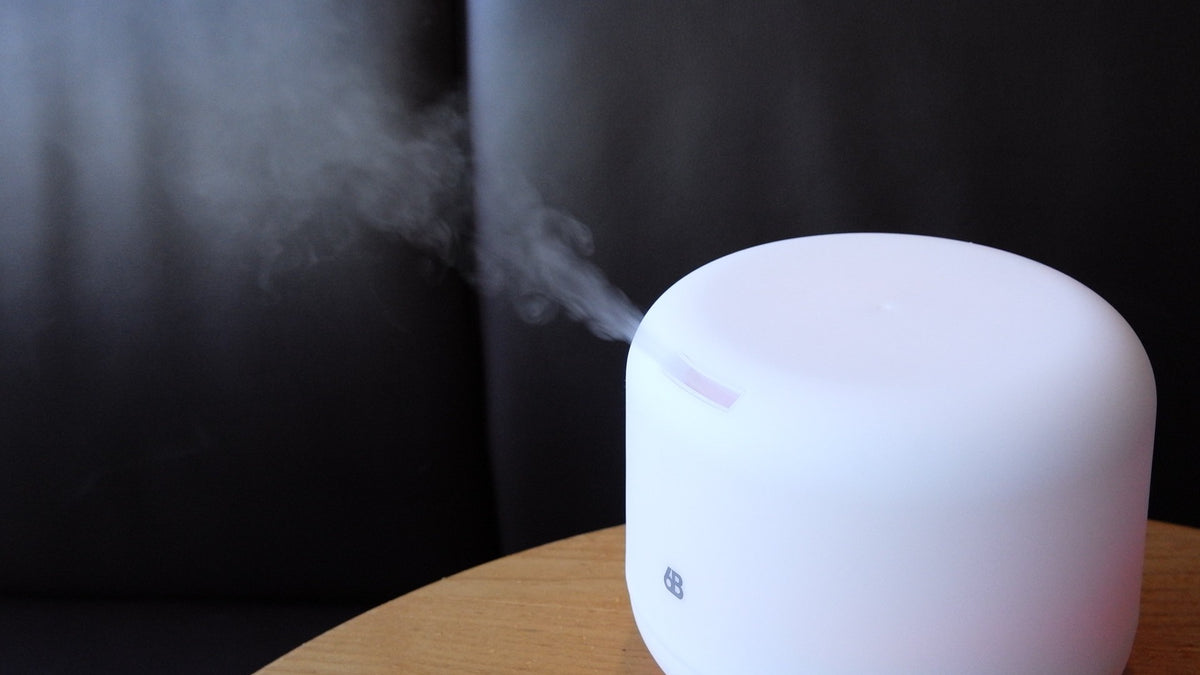
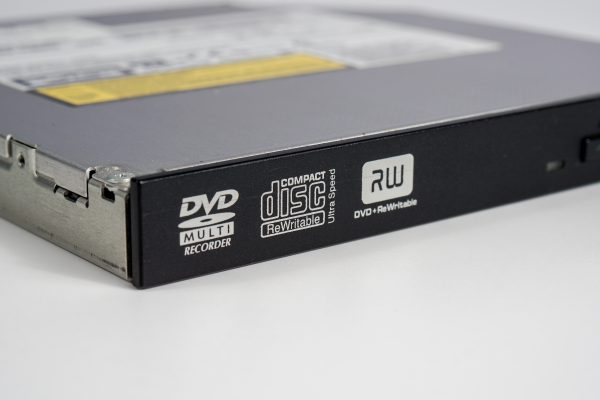
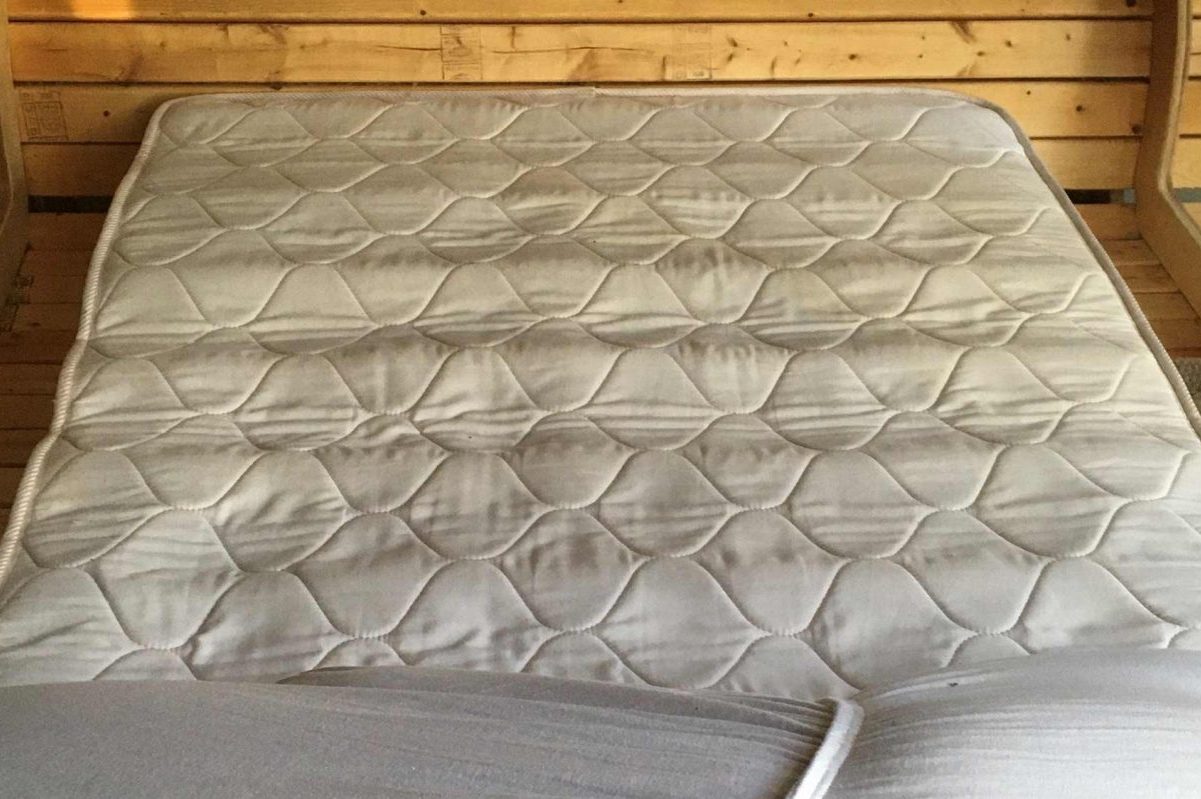
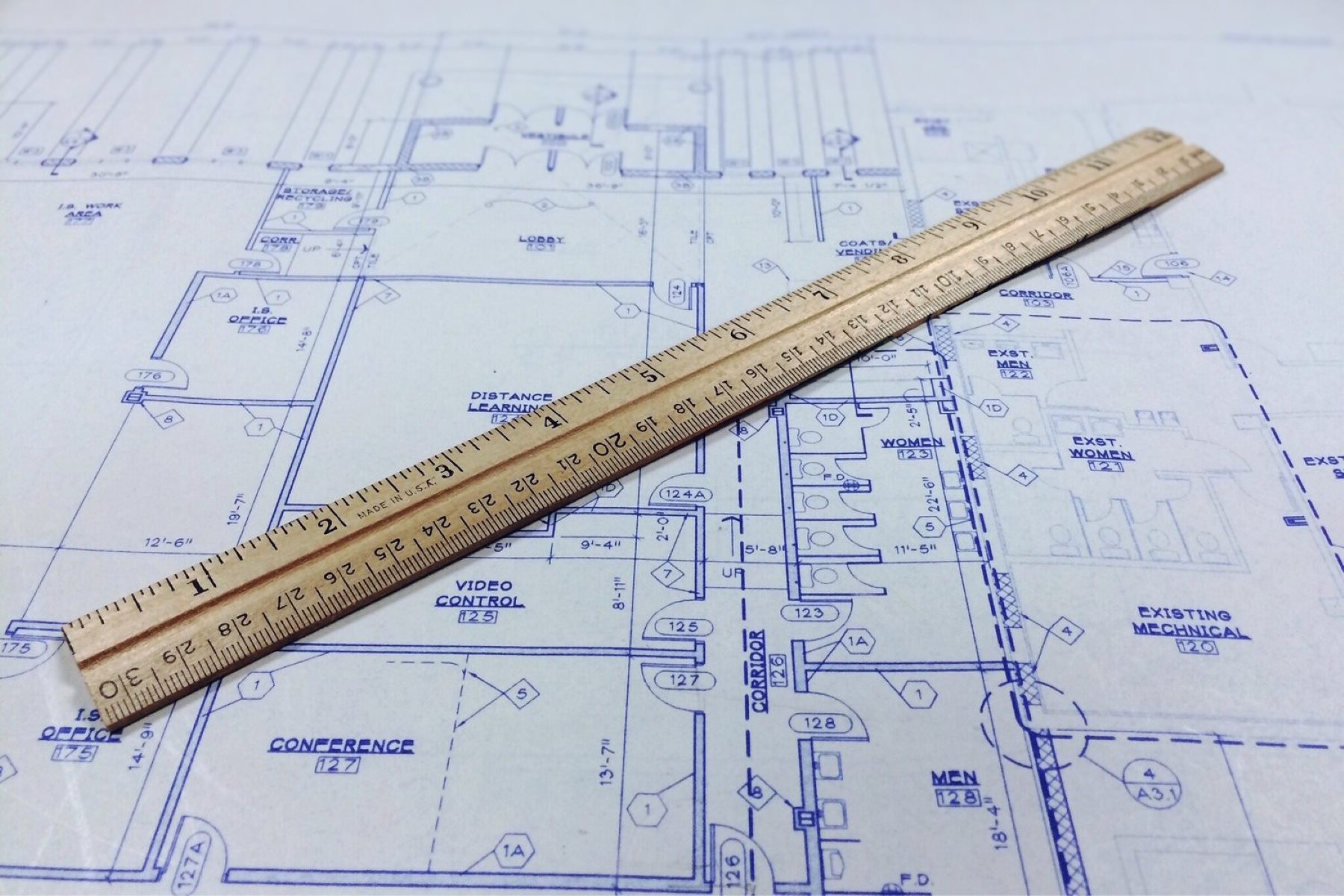
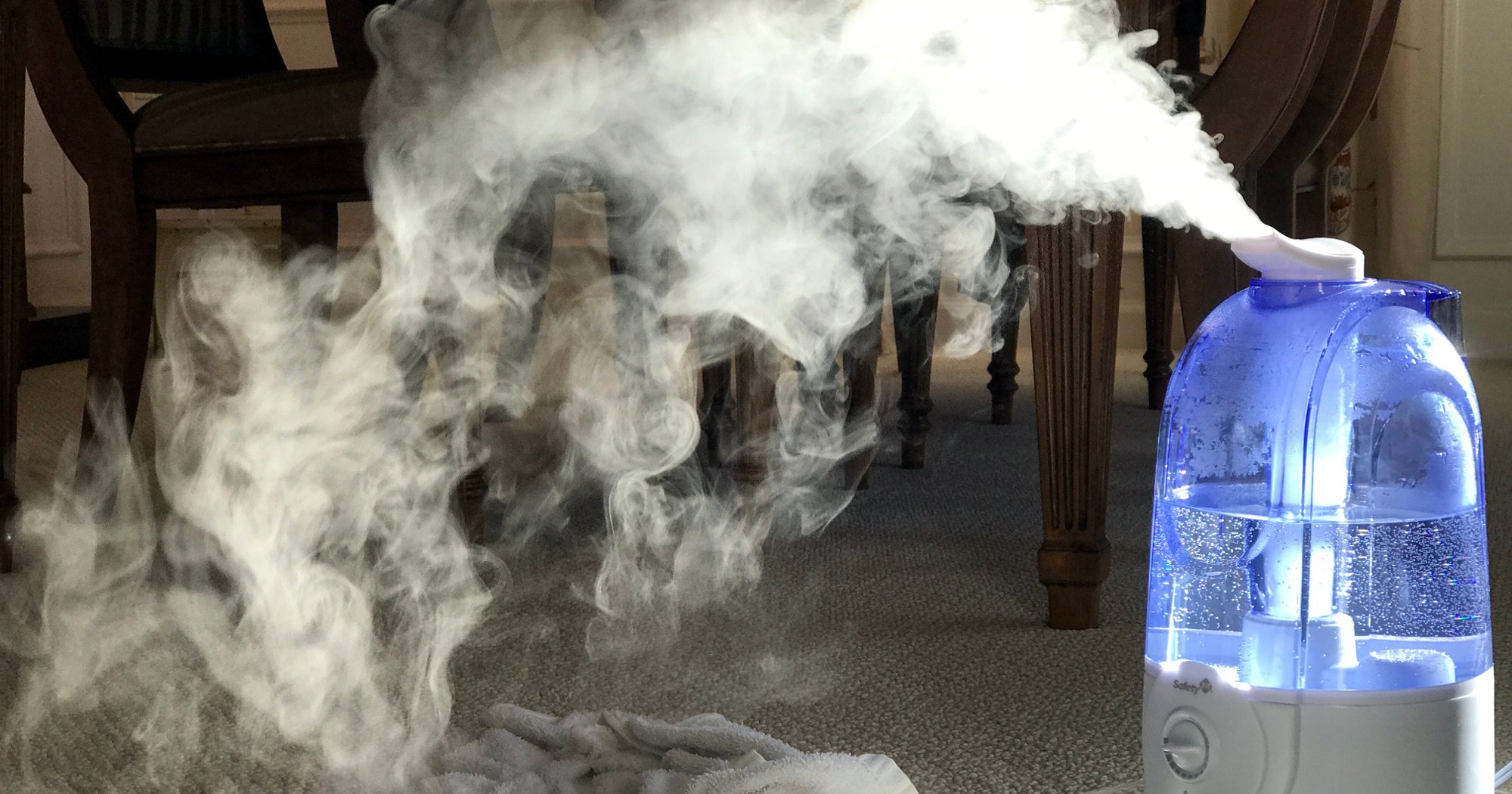
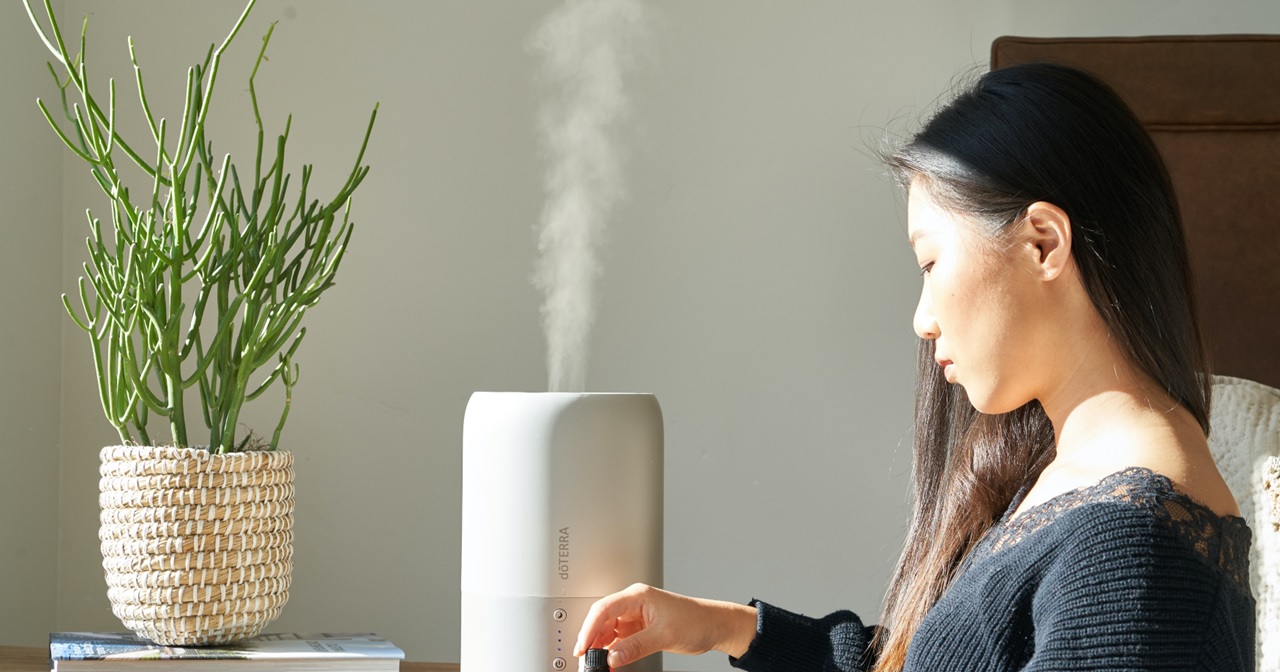
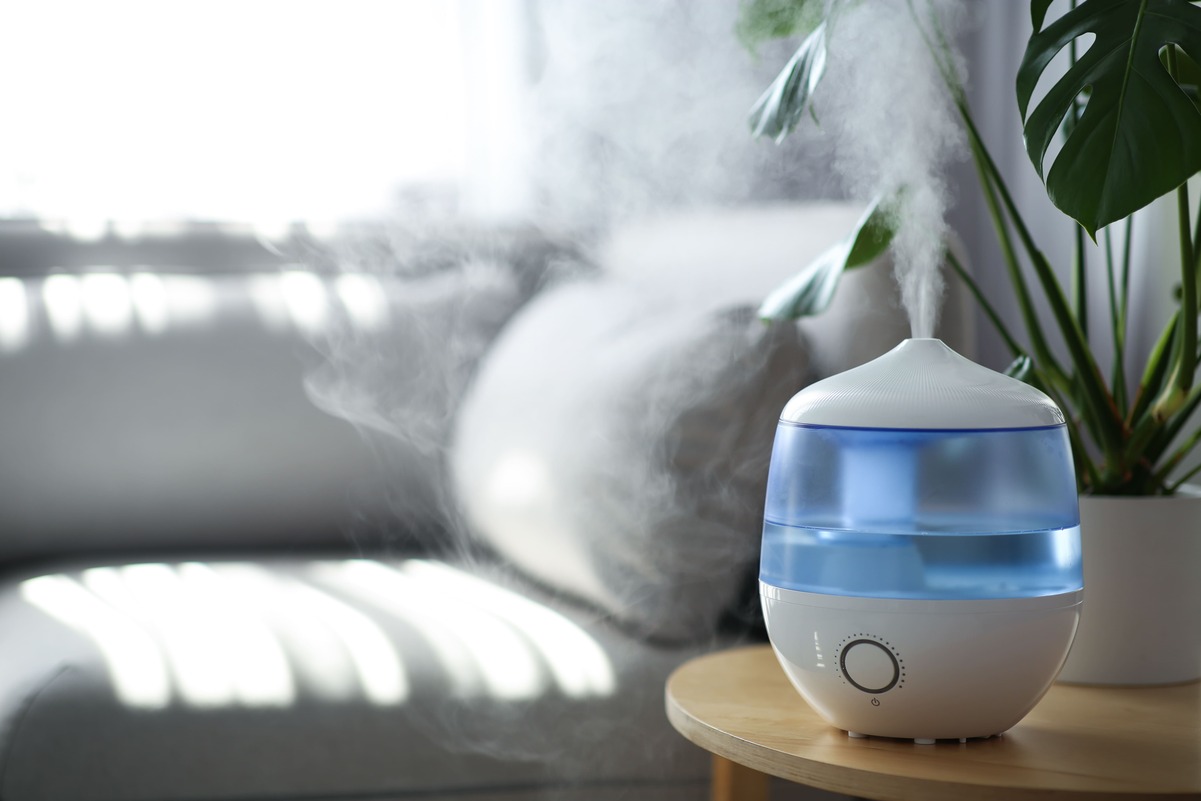



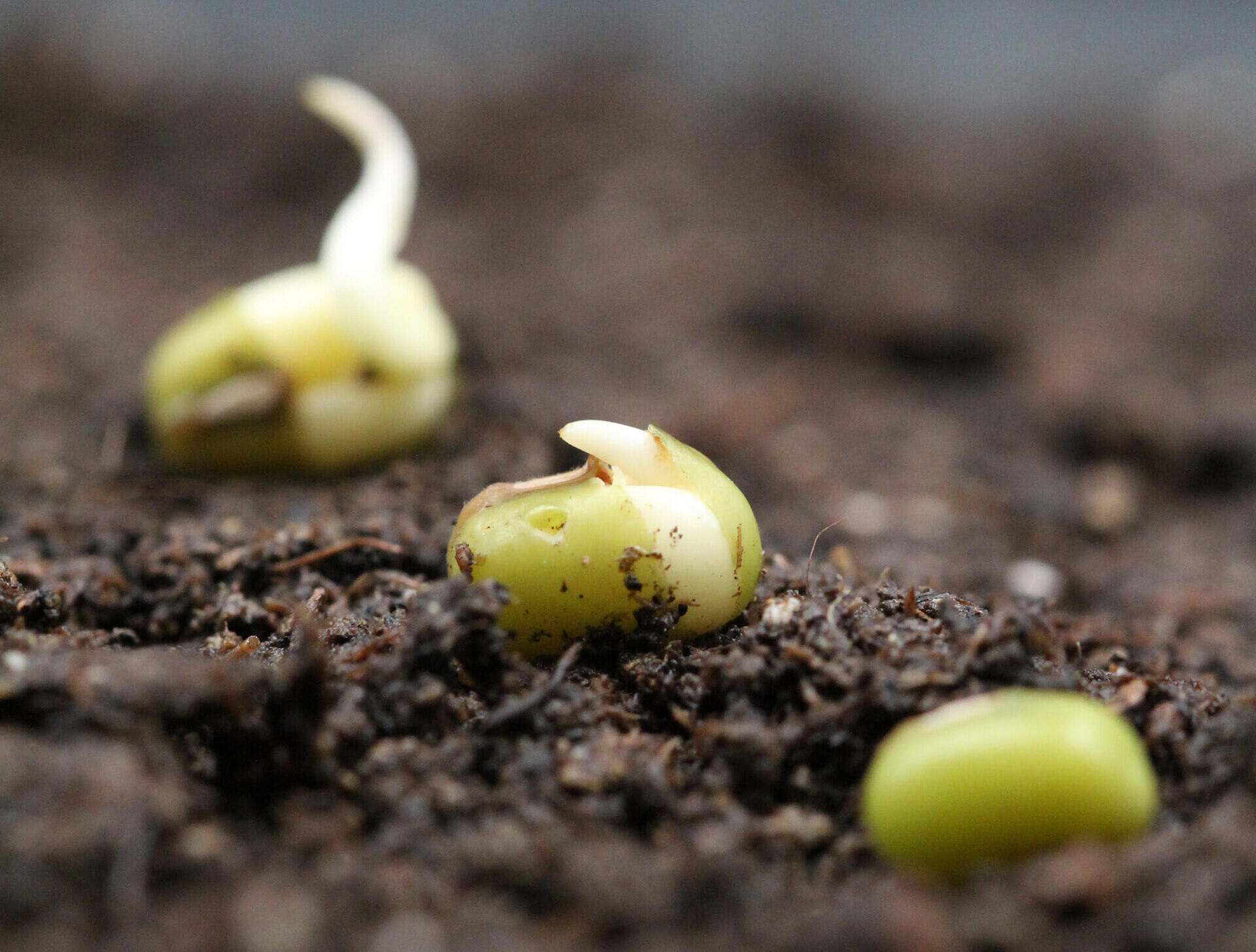

0 thoughts on “What Does A Humidifier Do For You”